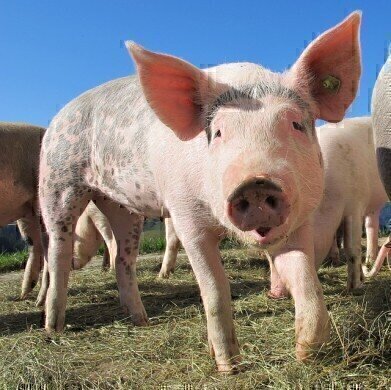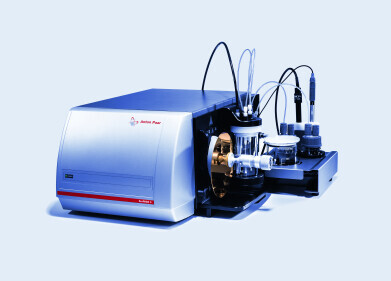Laboratory Products
Are There Benefits to Human-Animal Hybrids?
Feb 27 2017
Both fascinating and controversial, stem cell research never fails to grab the headlines. Now, a team of scientists from America’s Salk Institute has gone one step further and created hybrid human-pig foetuses.
Referred to as chimeras, the human-animal hybrids are named after the Greek mythological creatures that appeared to be part human, part animal. Today, ‘chimera’ has evolved into a modern scientific term that describes an organism containing cells from two or more beings that would not collide in a natural environment.
Could chimeras save lives?
So what are the benefits of playing God and creating human-animal hybrids that would never evolve in a natural scenario?
Beyond creating bizarre creatures, chimeras offer scientists a unique glimpse at how animals grow and develop. One day, insight could be used to grow and harvest vital organs that could be transplanted into human bodies. Essentially, these hybrid human-pig foetuses could save lives.
According to lead scientists Juan Izpisua Belmonte and Jun Wu, the pig foetuses contained human cells in several different tissues. While they weren’t allowed to develop to term, the team did observe that the presence of human cells interfered with growth and formation. So, while there’s still work to be done before hybrid human-pig foetuses can step up as organ donors, it is an exciting step forward for the stem cell research sphere. Eventually, ‘humanised’ animals could play a key role in biomedical research.
Project slammed by animal rights activists
Of course, critics were quick to raise serious ethical questions? As well as being slammed by religious groups, the creation of human-pig chimeras was condemned by animal welfare activists. Some are calling for a blanket ban and immediate funding cuts, and have accused the team of violating existing animal rights standards.
Admittedly, the lines are blurry. For example, while the 2016 Guidelines for Clinical Research and Translation published by the International Society for Stem Cell Research states that the creation of human gametes via human-animal chimeras should be prohibited, it does support research under some conditions.
The future of chimeric research
So will chimeric research continue? Ultimately, the answer is yes. With the potential to grow organs and create bone marrow to treat leukaemia, the benefits are simply too great to ignore. The real question is whether the world will warm to the idea of stem cell research, and if scientists can spark conversations that educate, as opposed to isolate.
New technologies are continually revolutionising the laboratory science. For a closer look at the latest developments, ‘The Increasing use of Syringe Pumps’ explores how manufacturers like Spetec are revolutionising medical and pharmaceutical research industries.
Digital Edition
Lab Asia 31.2 April 2024
April 2024
In This Edition Chromatography Articles - Approaches to troubleshooting an SPE method for the analysis of oligonucleotides (pt i) - High-precision liquid flow processes demand full fluidic c...
View all digital editions
Events
Apr 24 2024 Jakarta, Indonesia
Apr 25 2024 Istanbul, Turkey
Apr 28 2024 Montreal, Quebec, Canada
May 05 2024 Seville, Spain
InformEx Zone at CPhl North America
May 07 2024 Pennsylvania, PA, USA


















